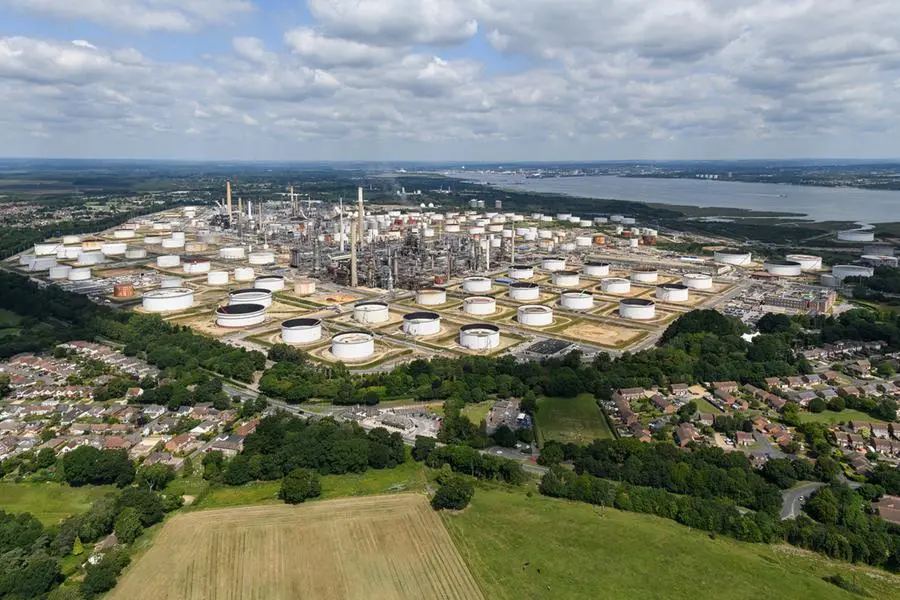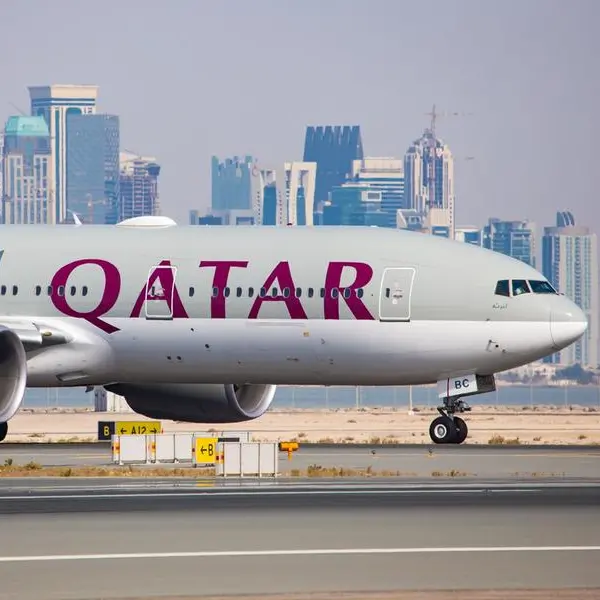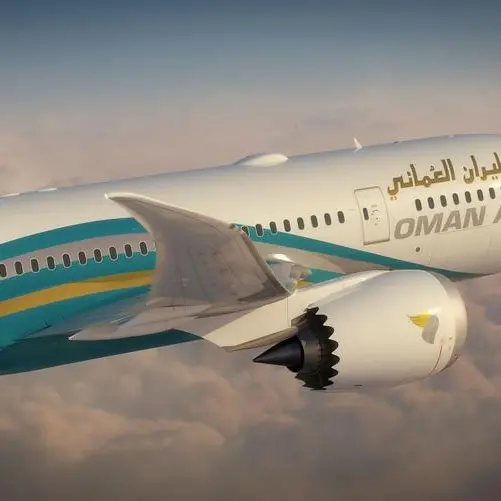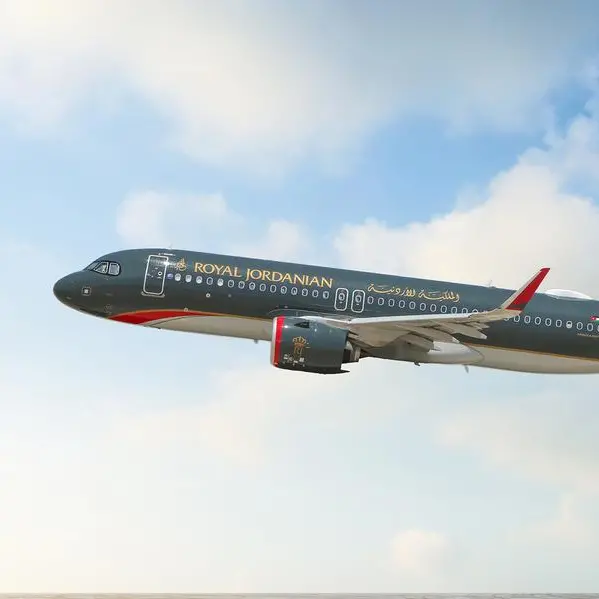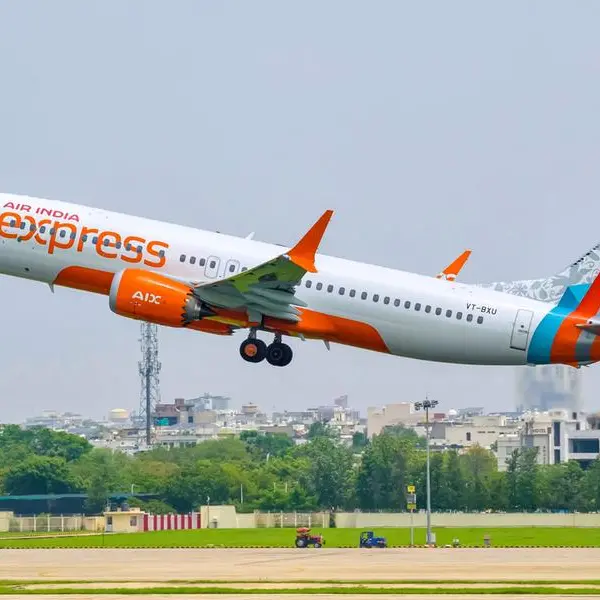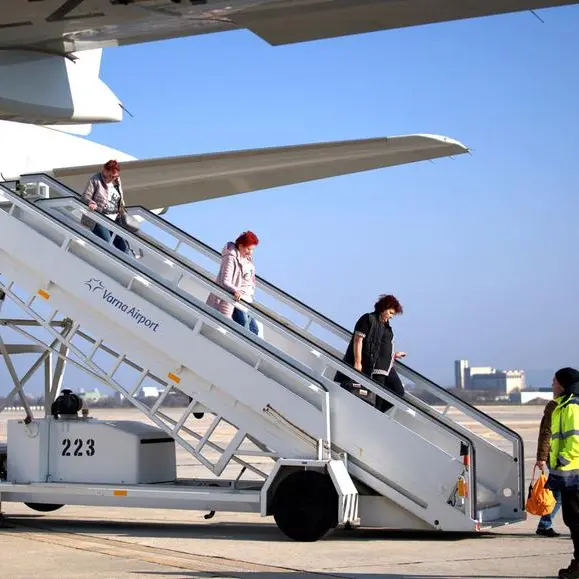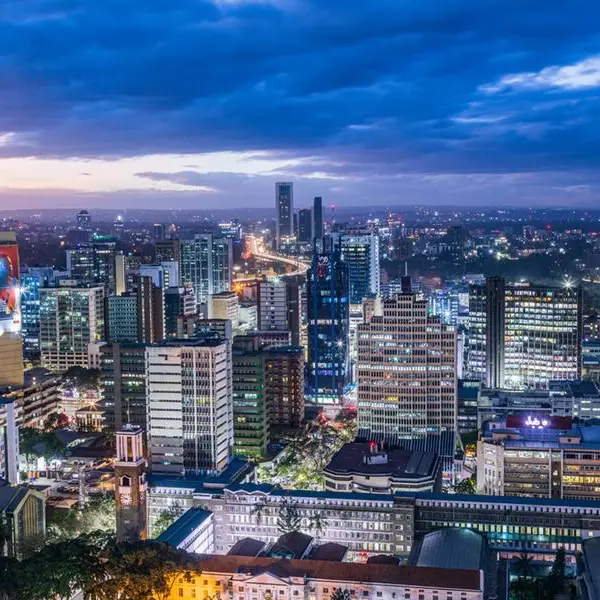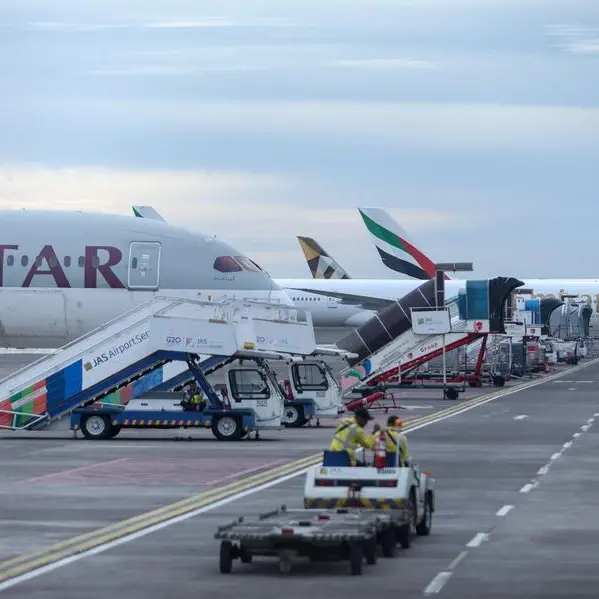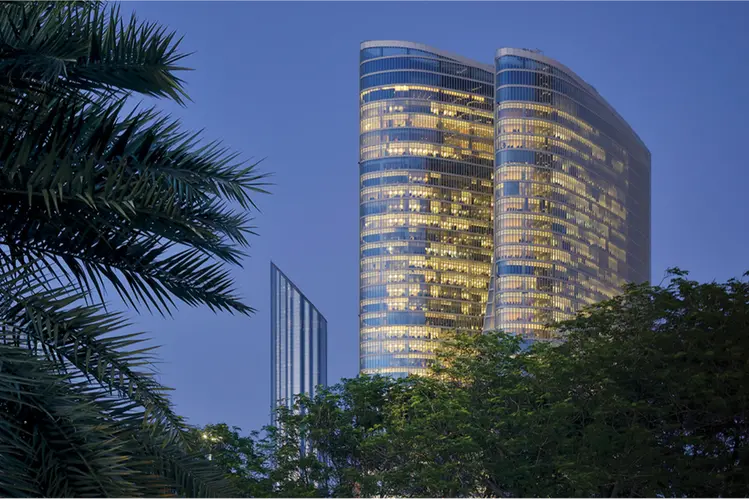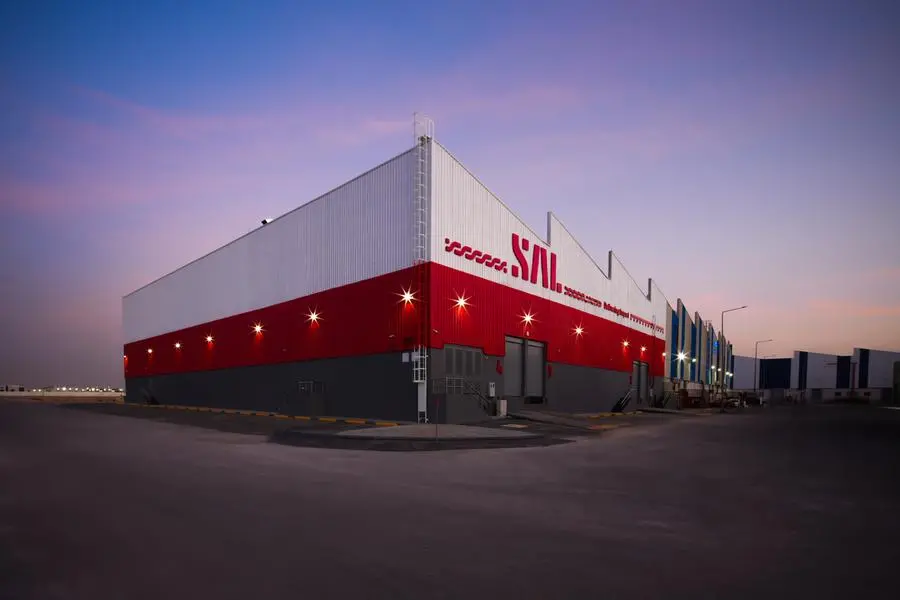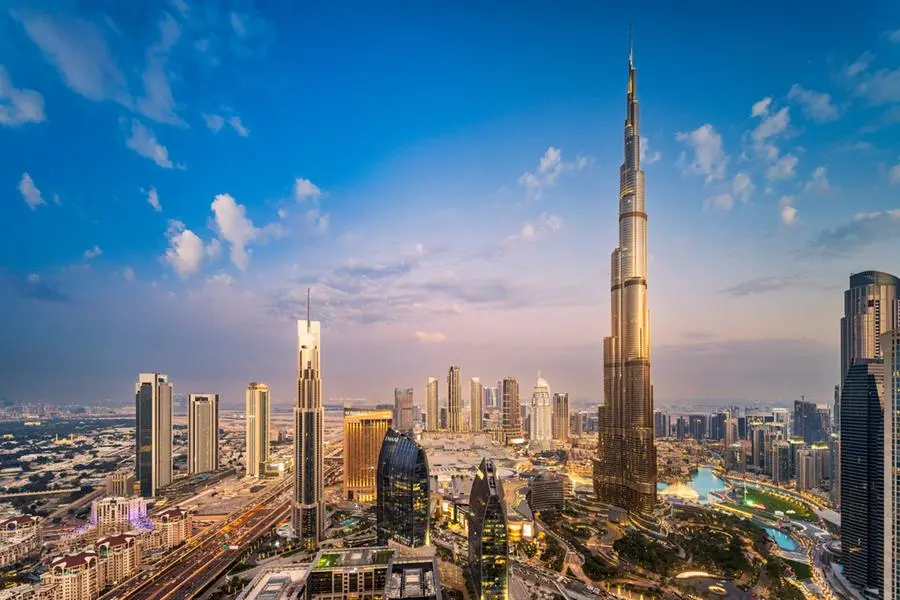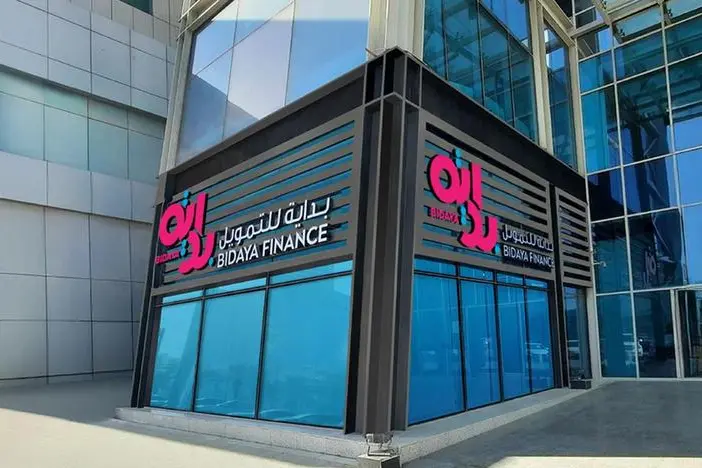PHOTO
Emirates Airline has joined a UK investment initiative for a sustainable aviation fuel (SAF) plant to supply the aircraft using the London’s Heathrow and Gatwick airports.
The Dubai-based carrier said it is the first international airline to join The Solent Cluster, a 100-entity organisation, which includes multinational oil and gas company ExxonMobil and the University of Southampton.
The Solent Cluster has the potential to create a Sustainable Aviation Fuel (SAF) plant with an estimated fuel production capacity of 200,000 tonnes (200 kt) per year, the airline said in a statement, and could start operating by 2032 if approved.
Jet fuel produced by the SAF plant could avoid emissions of 563 kilotons of CO2 per year by producing fuel with 70% less emissions than fossil kerosene.
“Existing pipeline networks can supply the SAF from the plant to major airports served by Emirates such as Heathrow and Gatwick,” the statement said.
Emirates carried out A380 and Boeing 777 demonstration flights using 100% SAF in 2023 and has expanded its partnership with Finnish oil refiner Neste for the supply of SAF in 2024 and 2025 for its operations in Amsterdam and Singapore.
The airline also uplifted SAF for the first time at its hub in Dubai for commercial flights in October 2023.
Sir Tim Clark, President Emirates Airline said: “The cluster has strong potential to power clean energy innovation and production and is another step forward in our journey towards long-term SAF adoption within our network.”
Solent CO2 contributions
The Solent encompasses England’s Southern coastal area between Portsmouth and Southampton as well as waters between the coast and the Isle of Wight.
Dr. Lindsay-Marie Armstrong, associate professor of mechanical engineering and academic cluster lead for the Solent Industrial Decarbonisation Cluster at University of Southampton, said: “The Solent is recognised as one of the leading contributors of CO2 emissions from energy-intensive manufacturing processes every year.
“The formation of a decarbonisation cluster that spans the public, private and higher education sectors is a monumental step forward for the region.
“It will introduce sustainable fuels for local transportation, the aviation and the shipping sectors; create low carbon energy to heat homes, businesses and public buildings; and open up new highly skilled jobs opportunities.”
(Reporting by Imogen Lillywhite; editing by Seban Scaria)
imogen.lillywhite@lseg.com
